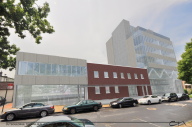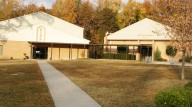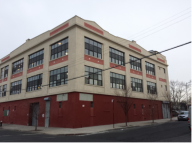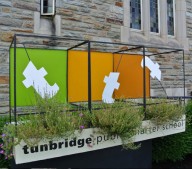The SEED School of Los Angeles County (Los Angeles, CA)
Financing Features: U.S. Department of Education Credit Enhancement; New Markets Tax Credit
The SEED School of Los Angeles County is constructing a 146,931-square-foot charter boarding high school in Los Angeles, CA. The school will serve 400 students in grades 9-12 in an educational model that includes a rigorous college preparatory program and supportive services within a 24-hour boarding environment. This will be the first charter school with a full-time boarding component in the state of California. SEED LA will draw students from the county child welfare system, probation facilities, and the surrounding communities from throughout L.A. County. SEED LA will also be the centerpiece of a development at the site at Vermont Ave. and Manchester Ave. that will include 180 units of affordable housing, community-serving retail, a transportation-focused job training center and a plaza that will open to the future rapid bus line on Vermont Avenue.
Low Income Investment Fund, Local Initiatives Support Corporation, Nonprofit Finance Fund, and Capital Impact Partners provided $25.0 million of loans as part of a $97 million New Markets Tax Credit (NMTC) transaction. ExED, Chase Bank, Los Angeles Development Fund, and Civic Builders provided $70.2 million of NMTC allocation.









